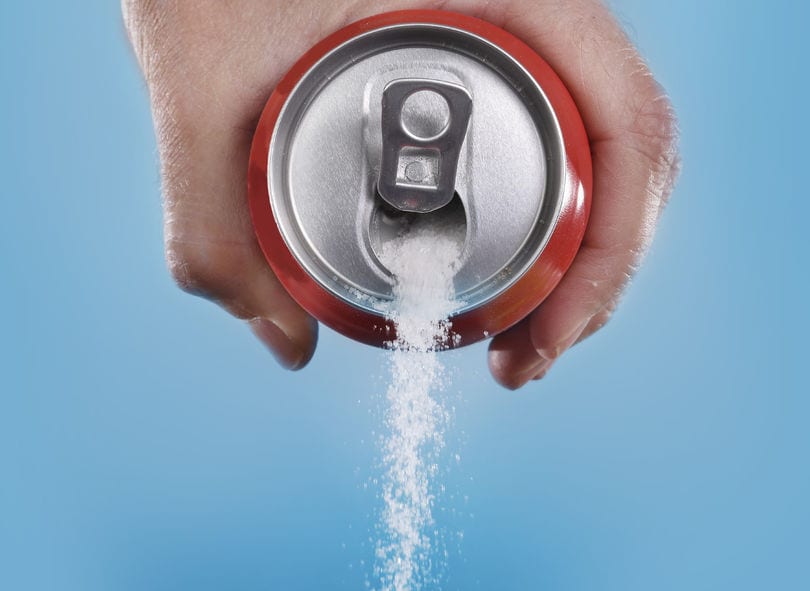As an osteopath with clinics in Central London and North London, I’m always interested in people’s perceptions and attitudes towards, diet, exercise, environment, medicines, remedies and treatments, as these are fundamental elements of an individual’s take on health and fitness.
As I’ve said on many occasions, a good level of education and knowledge about these sorts of topics is generally not very common, with a lack of easy to understand information available to all. The AsapScience YouTube video below makes some very valid points about aspects of this general lack of understanding.
A couple of minutes into the presentation, it talks about perceptions of Natural versus Synthetic and explains why the difference between the two is not all that cut and dried. Natural chemicals aren’t always good for you and man made chemicals aren’t always inherently dangerous. This is especially prevalent when looking at the whole area of food and GM crops. Are fears about GM foods justified? After all, for as long as humans have been on the planet, we have selectively chosen and bred plants or animals with desirable traits, such as sweeter fruits or better disease resistance. Isn’t that genetically modifying foods?
Information and misinformation about GM and the entire natural versus chemical comparison does, in my opinion, need to be put into perspective. Not all natural foods are good for you and not all chemically enhanced foods are bad for you. This isn’t just a case of one man’s meat is another man’s poison; this is all about balance and perspective. Watch the video and see what you think.

 Lack of easy to access credible information about nutrition and diet, often leads to people who want to eat well seeking ‘healthier’ options, but in actual fact they end up piling on the pounds. There are a lot of issue here, from food labelling and position of goods in the supermarkets, to advertising and a general yet widespread lack of health and fitness education. With Osteopathy in North London as a focus for my clinics, I come across a fair amount of people who think part of their diet is good for them, when in actual fact the opposite is true.
Lack of easy to access credible information about nutrition and diet, often leads to people who want to eat well seeking ‘healthier’ options, but in actual fact they end up piling on the pounds. There are a lot of issue here, from food labelling and position of goods in the supermarkets, to advertising and a general yet widespread lack of health and fitness education. With Osteopathy in North London as a focus for my clinics, I come across a fair amount of people who think part of their diet is good for them, when in actual fact the opposite is true.